Iran’s president to Putin: Expansion of NATO serious threat against security of independent countries
Iran’s President Ebrahim Raeisi says the continued expansion of the North Atlantic Treaty Organization (NATO) threatens stability and security of independent countries.
Raeisi made the remarks in a late Thursday phone call with his Russian counterpart, Vladimir Putin, during which the two sides discussed major international developments and the ongoing negotiations in the Austrian capital for the revival of the 2015 landmark Iran deal.
In his conversation with the Russian president, Iran’s chief executive said, “The eastward expansion of NATO is a source of tension.”
“The continued expansion of NATO is a serious threat against the stability and security of independent countries in various regions” of the world," Iran’s president said.
He expressed hope that what is going on in Ukraine would finally benefit the nations and the entire region.
The phone call came amid Russia's military operation in the eastern parts of Ukraine, which started after Putin said he had ordered the Russian Federation's military to carry out a “special military operation” in the Donbass region. Putin’s order came after the leaders of the self-proclaimed republics of Donetsk and Lugansk in the Donbass region asked the Kremlin for military assistance in response to what they called “Ukrainian aggression.”
In 2014, Ukraine’s two regions of Donetsk and Lugansk were turned into self-proclaimed republics by ethnic Russians, leading to a bloody conflict between the government forces and the armed separatists.
On Monday, Putin signed a decree recognizing the breakaway Lugansk and Donetsk regions as independent republics. The recognition followed an address in which he referred to eastern Ukraine as “ancient Russian lands” being “managed by foreign powers.”
‘Iran seeks sustainable agreement in Vienna talks’
In another part of his remarks, Raeisi reflected on the ongoing Vienna talks for the revival of the Iran deal, officially known as the Joint Comprehensive Plan of Action (JCPOA), saying that during the negotiations, the Islamic Republic of Iran seeks to achieve a sustainable agreement, not a temporary one.
“Offering a creditable guarantee [by the US that it will not withdraw from the deal again], putting an end to political claims and verifiable removal of sanctions [imposed on Tehran] are prerequisites for achieving a sustainable agreement,” Iran’s president said.
The Vienna talks began last April between Iran and the five remaining parties to the JCPOA — Britain, France, Germany, Russia and China — on the assumption that the US, under the Joe Biden administration, is willing to repeal the so-called maximum pressure policy pursued by former President Donald Trump.
Tehran says it won’t settle for anything less than the removal of all US sanctions in a verifiable manner. It also wants guarantees that Washington would not abandon the agreement again.
‘Current situation legitimate response to West’s violation of security agreements’
The Russian president, for his part, said what is happening in Ukraine is "a legitimate response" to several decades of violation of security agreements by the West and its efforts to undermine his country’s security.
Referring to Iran’s active role in the International Atomic Energy Agency (IAEA), the Russian president emphasized the need to continue consultations between the two sides with regard to the ongoing Vienna talks.
In a phone call with British Foreign Secretary Liz Truss on Thursday, Iranian Foreign Minister Hossein Amir-Abdollahian said good progress has been made in the talks in Vienna with the P4+1 states, but in order to achieve a final agreement, the Western side is required to take a “courageous and realistic” political decision that guarantees Tehran’s interests, especially the objective removal of sanctions.
Secretary of Iran’s Supreme National Security Council Ali Shamkhani also said on Thursday that Iran and the P4+1 group of countries have managed to make considerable progress in the course of the Vienna talks, but the final phase would require "Western political decision-making" aimed at solving the “outstanding issues of high importance.”
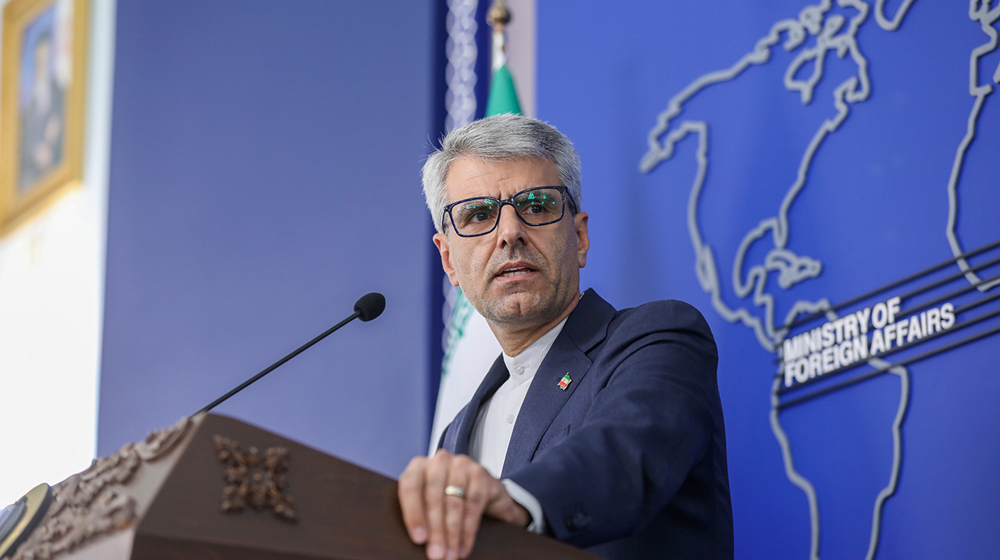
‘End to violence’: Iran welcomes PKK leader’s call for group to drop weapons, disband
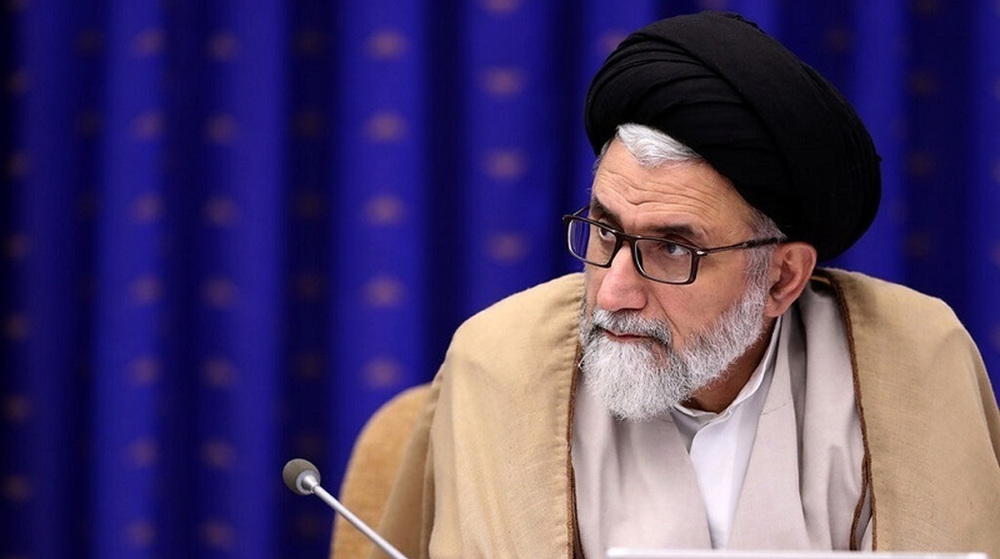
Minister: ‘Imported elements' seeking to create chaos in southeast Iran
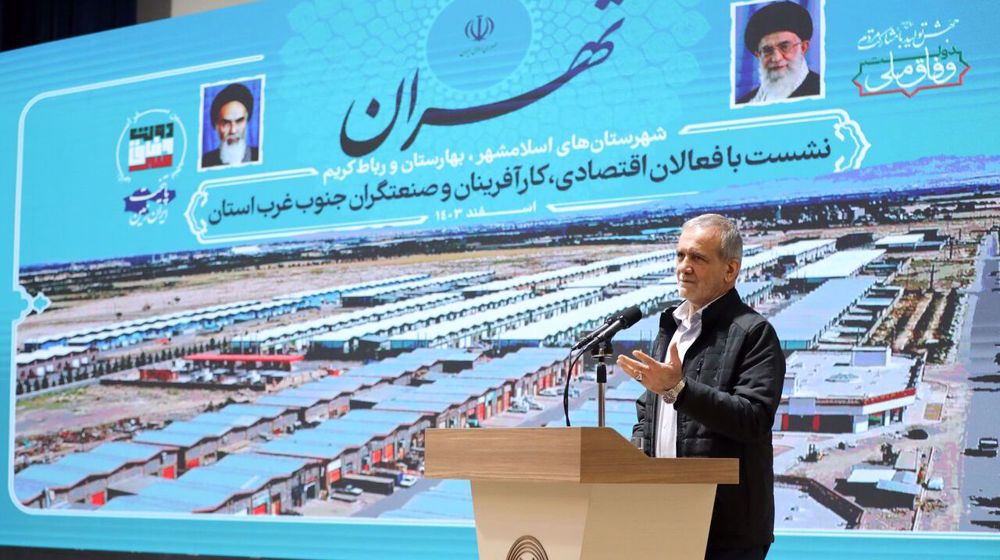
Pezeshkian: Iran open to talks but won’t capitulate to bullies
Iran's freestyle wrestling team clinches championship title in Albania ranking series
Trump seeks sweeping cuts to State Department: Report
VIDEO | Iran, Pakistan strengthen media cooperation to foster cultural ties
VIDEO | BRICS workshop in Tehran strengthens innovation, cooperation
Iran condemns deadly bombing in Pakistan, stresses regional unity to fight terror
Jordanians rally en masse to censure Trump's Gaza takeover plan
VIDEO | Press TV's news headlines
Iraq asserts commitment to security agreement with Iran


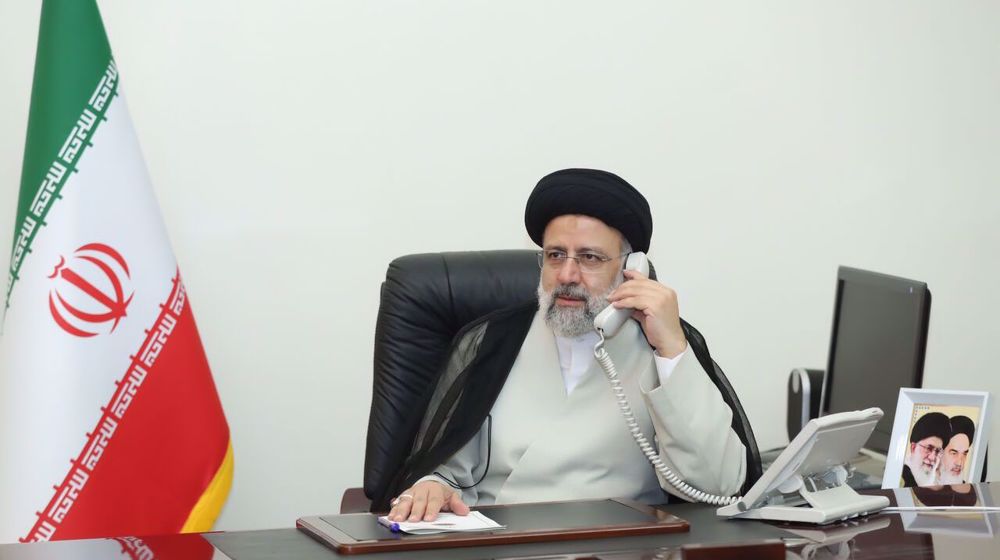
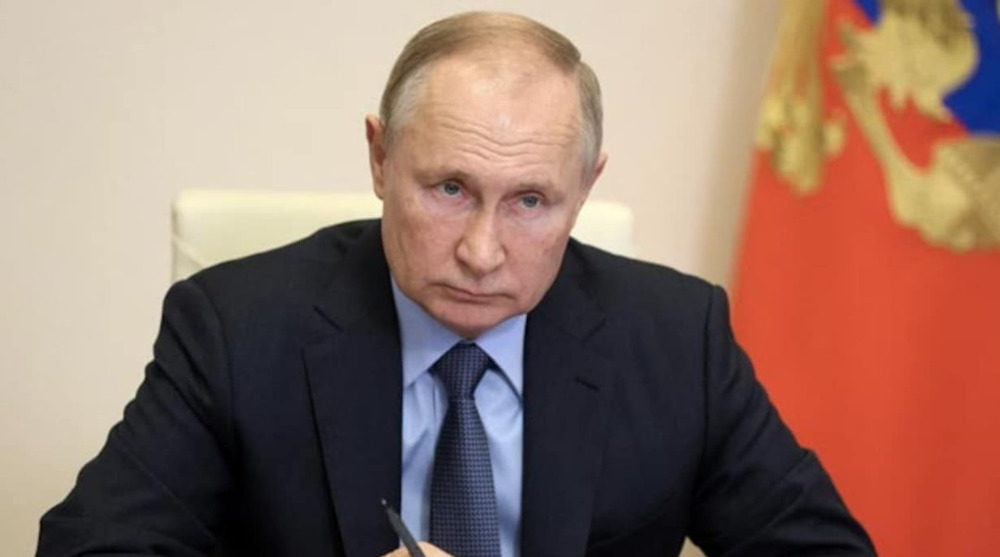
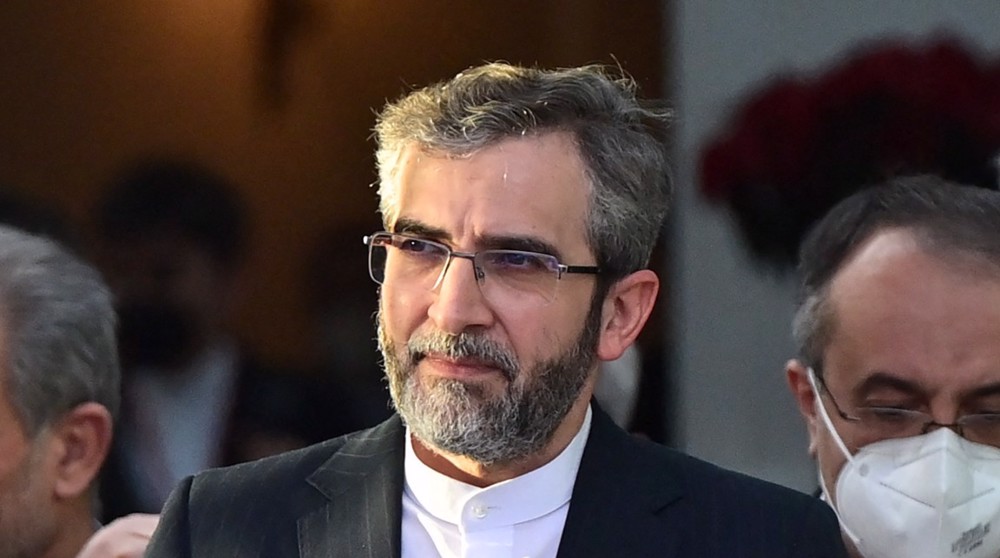
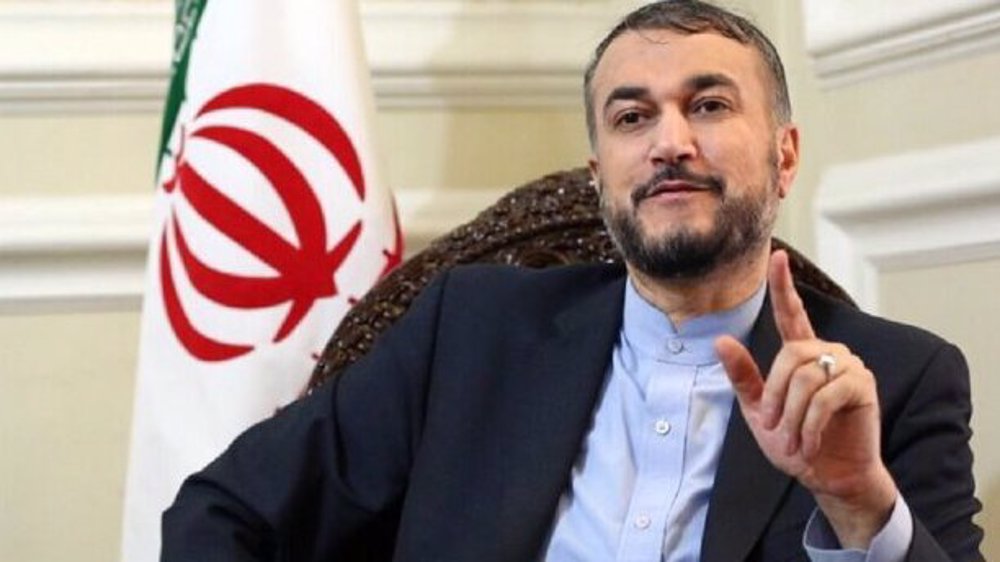




 This makes it easy to access the Press TV website
This makes it easy to access the Press TV website